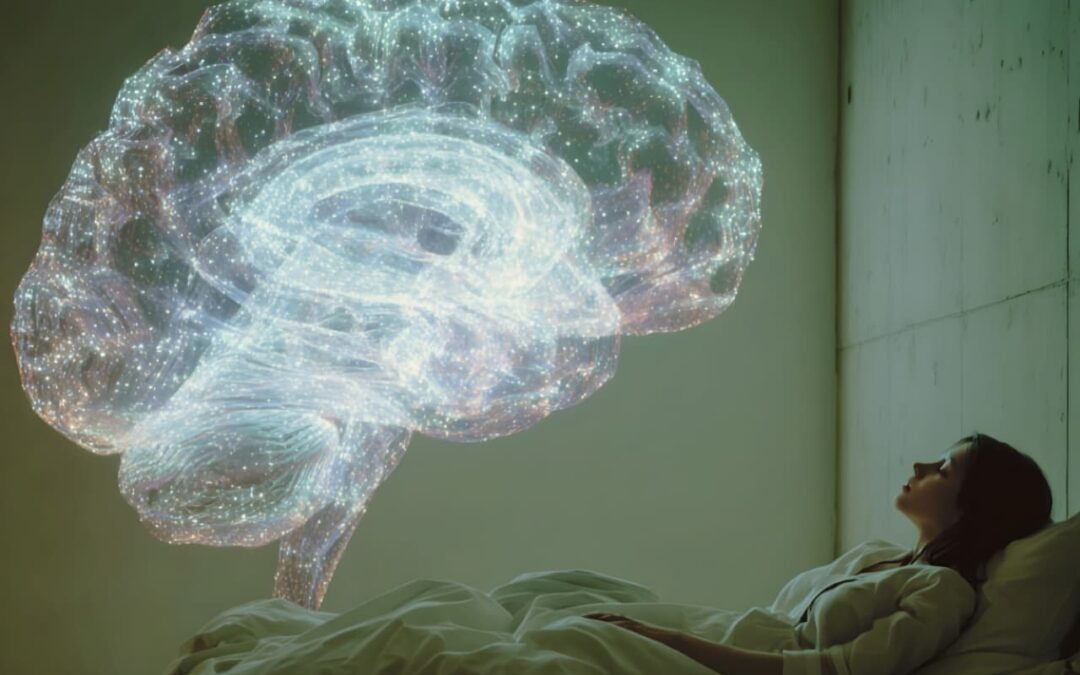Research shows a 30–90 minute nap keeps your brain younger and sharper as you age.
Sadly, modern work isn’t designed to accommodate this — and it’s impacting people’s health.
Taking a midday nap might do more than refresh your mind—it could also slow your biological aging and protect your brain. A new study of over 6,600 middle-aged and older adults in China found that people who regularly took moderate naps (30–90 minutes) showed slower rates of cognitive decline and had younger biological ages compared to those who never napped.
The research, based on data from the China Health and Retirement Longitudinal Study, used two biological aging indicators and found that non-nappers had significantly more advanced biological aging and faster cognitive decline than moderate nappers. This suggests that rest in the form of napping may be a low-cost, accessible way to promote healthy aging.
Importantly, the study revealed that biological age—measured through clinical markers like cholesterol, inflammation, and blood pressure—partially mediated the link between napping and cognitive performance. That means that part of the reason nappers fared better mentally may be because they were biologically younger. While excessively long naps (over 90 minutes) didn’t show the same benefits, the research strengthens the case for daytime rest as part of an aging and brain health strategy, particularly in societies facing rising rates of dementia. With aging populations worldwide, simple habits like napping may become increasingly relevant for maintaining quality of life.
source
H, Huang L, Zhang S, Zhang Y, Lan Y. Daytime napping, biological aging and cognitive function among middle-aged and older Chinese: insights from the China health and retirement longitudinal study. Front Public Health. 2023 Nov 17;11

